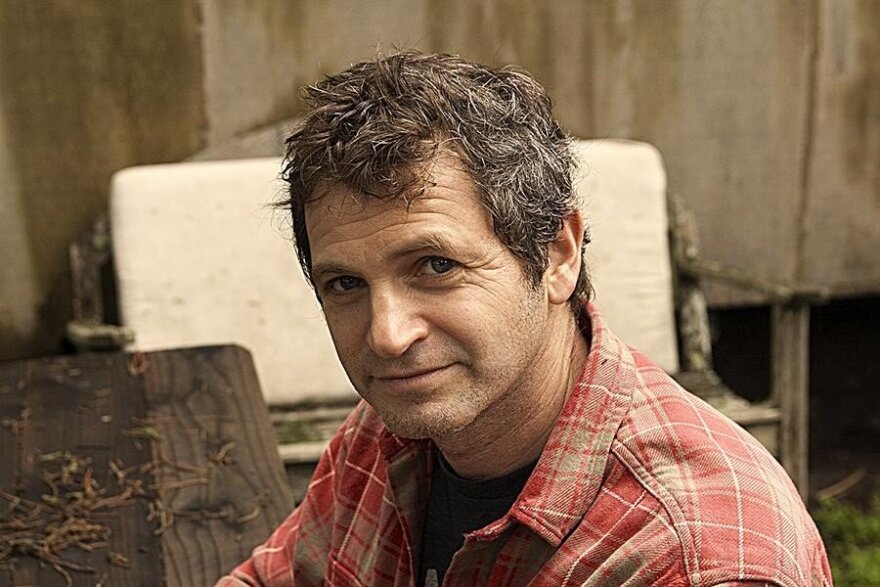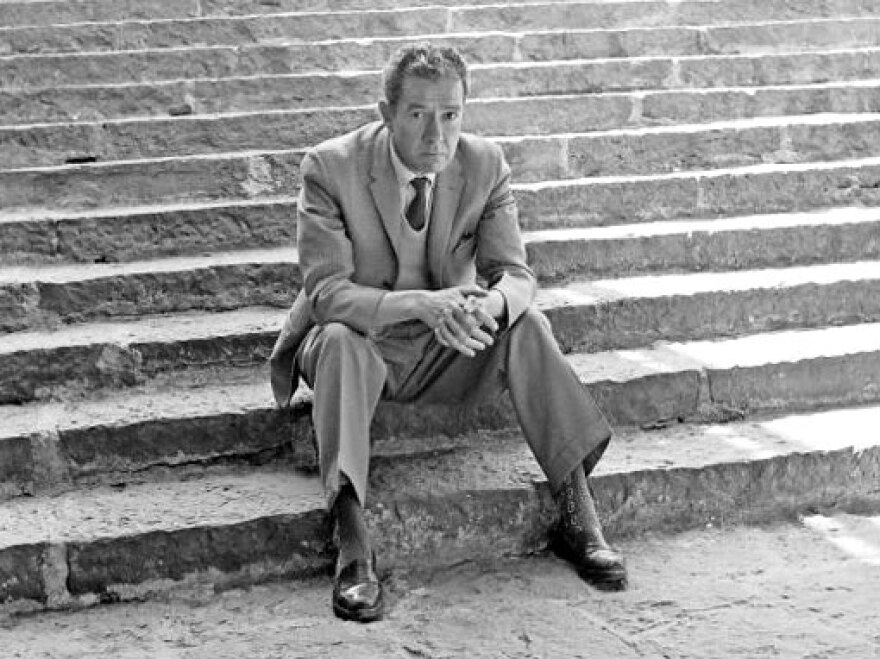By the time he was 10 years old, Juan Rulfo had lost both of his parents. He had little exposure to books while living with his grandmother. But after her death, surprisingly, Rulfo's orphanage afforded him access to books and eventually the ability to enroll in university.
Financial pressures and boredom led to his terminating his formal education after two years. He married, and he and his wife had four children. Rulfo always maintained a day job and referred to writing as a “pastime,” this even after he was awarded the National Literary Prize, Mexico’s highest literary honor in the year 1970.

Tales of the Mexican Revolution had already captured the imaginations of readers. Rulfo offered something new by writing stories set in the stark rural landscapes of Mexico. The harsh arid environment and the violent lives of poor inhabitants populate the stories in "El Llano en Llamas," his celebrated short story collection published in 1953.
“Es Que Somos Muy Pobres” is one of the stories from this collection. Here we find a family of four living on a farm. They are very poor, so poor that their only resource is the crop of barley that is now ruined by the curtains of rain and the rising river that floods the land. A calf was to be the dowry offered to marry off Tacha, the young daughter who has just turned 12.
Her parents fear that if they don’t marry her off she will become a woman of ill repute — as did her two older sisters, now long gone and banished from the house. The narrator here is Tacha’s brother who reveals the story that raises many questions for which the final answer seems to be “it’s because we are so poor.”
He reveals the devastating news that the cow is gone — floated away in the filthy flood waters.

And what can we make of a story that depicts the sorrows of this family? One that has pinned all their hopes for the future on marrying off Tacha on the dowry that is that cow? What can readers learn about from a story like this one set in the desolate inhospitable landscape where miraculous rain becomes a punishing downpour and a flood that devastates the family’s livelihood?
Rulfo’s characters in the stories throughout this collection endure. They don’t turn corners to enlightenment. They don’t rise up against the corruption and violence that is a fact of life in their small villages and towns. They don’t break barriers or bound over obstacles to tidy hopeful endings. But they endure.
In his essay “Winter in September,” Peter Orner ruminates on “The First Day of Winter” by Breece D’J Pancake — another story, another family (this one in West Virginia), another farm and another ruined crop from fields soon left to fallow. Orner writes that “What’s beautiful and wrenching is that there is no resolution” and “You don’t come to a story like this for answers.”
Think of it “as you might an old, trusted friend, the sort of friend who offers no glib, false sense of hope, just a quiet fortitude.”
The same can be said of Juan Rulfo’s story. We see the family’s quiet fortitude in the face of the worst things that’s happened to them, the terrible event that has sealed the fate of young Tacha and the “beautiful and wrenching” aspects of that bring us back to the story again and again.



